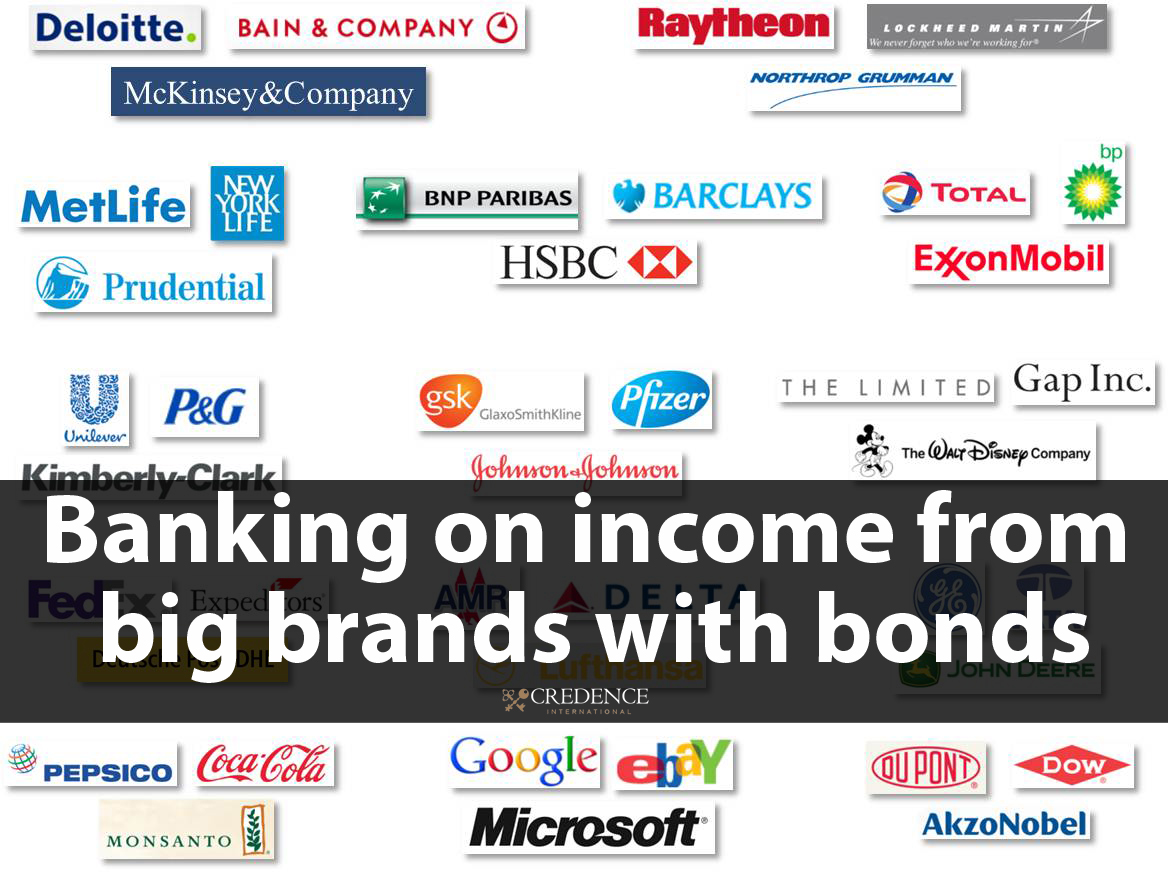Banking On Income From Big Brands With Bonds
While interest rates and return from gilts and annuities continue to bomb, one place to look for high returns is lending cash to big brand businesses.
Corporate bonds are a simple way to invest that are often overlooked by personal investors who worry they need to tie up too much cash for a long time to reap the benefit. But corporate bonds are available for a stake as little as £1,000 and offer returns of between 5% and 6%. The main reason why more investors do not put cash into bonds is they do not get to know about the latest issues.
What are corporate bonds?
Corporate bonds are a good way for a business to raise capital without having to pay back capital and interest on loans from banks. The deal is an investor hands over cash to a company for a fixed timescale. The company pays a fixed rate of interest on the loan and then repays the full amount staked at the end of the period.
What rates of interest are available?
The last corporate bond to hit the market was legal financial firm Burford Capital paying a coupon (interest) of 6.25% until October 2024.
Can I trade corporate bonds?
Yes. Corporate bonds in the UK are tradeable on the London ORB Market, part of the stock exchange. If you decide to pull out of an investment, you can sell a bond in a similar way to stocks and shares. Brokerage costs apply and the sale price can vary.
How do I find out if corporate bonds are available?
You can look on SIPP and ISA platforms, look for new issues on the London ORB listing or try website Fixed Income Investor, which tracks news and performance of gilts, corporate bonds and exchange-traded funds (ETFs).
What’s the investment risk?
Like all investments, corporate bonds come with risk. The main concern is the company taking the loan defaults on repaying the money, but this risk is mitigated if investors stick with companies that have good credit ratings. Mini-bonds are corporate bonds issued by unlisted companies, and these come with the highest level of risk.

